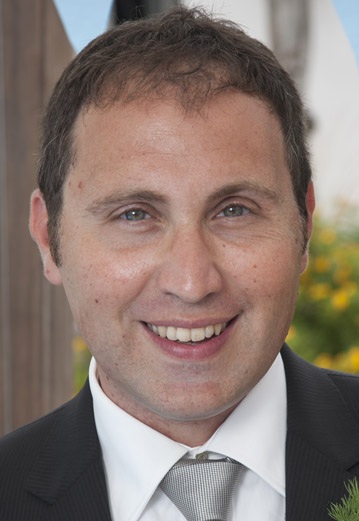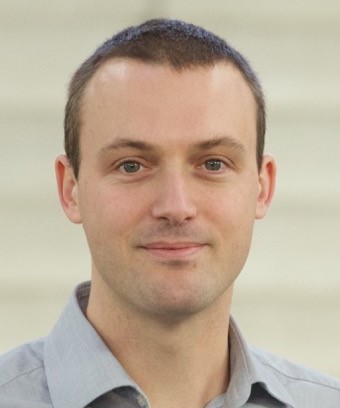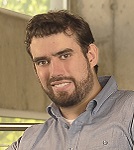Today’s organizations are challenged to make their processes more efficient and effective; costs and response times need to be reduced in all of today’s industries. Process models are used to guide people, discuss process alternatives, and to automate parts of critical business processes. Often these process models are not enforced and people can deviate from them. Such flexibility is often desirable, but still it is good to analyze differences between modeled and observed behavior. This illustrates the relevance of conformance checking. Conformance checking techniques take an event log and a process model and compare the observed traces with the traces possible according to the model.
This tutorial will illustrate the importance of conformance checking, in general, and the advantages of alignment-based conformance checking with respect to other techniques. Alignments are powerful artifacts to detect nonconformity between the observed behavior as recorded in the event log and the prescribed behavior as represented by process models. Thanks to alignments, it is not only possible to detect which observed executions are not compliant but also process analysts can exactly pinpoint which deviations occurred and where in the execution.
When and where
Thursday 14th, 14h — 15:30h (Sala d’Actes, Vertex)
Speakers’ bios

Massimiliano de Leoni is an Assistant Professor of Computer Science at Eindhoven University of Technology, the Netherlands. He obtained a Ph.D. in Computer Science and Engineering at SAPIENZA – University of Rome, Italy, in the field of “Adaptation in Business Process Management”. He was a guest research fellow at Queensland University of Technology, SAPIENZA University of Rome, University of Naples and Vienna University of Economics and Business. He is constantly publishing papers for the major conference venues in Business Process Management and Information Systems, such as the CAiSE and BPM conferences, and for high-reputation journals in these fields, such as Decision Support Systems, Information Systems and Expert Systems with Application. He is member of the IEEE Task Force on Process Mining. His research interests are in the area of Process-aware Information Systems, Data Science and Business Process Management, predominantly focusing on multi-perspective process mining, process-aware decision support systems and process mining in the large.

Boudewijn van Dongen is an associate professor at the Computer Science department at Eindhoven University of Technology, Eindhoven, The Netherlands. He received his Ph.D. at the Industrial Engineering department of the same university in 2007. Currently, he is a member of the Architecture of Information Systems group which investigates methods, techniques and tools for the design and analysis of process-aware information systems.His research focus is on Process Mining and specifically on conformance checking and since 2003, he has been a key player in the development of the process mining tool ProM. Furthermore, he is a member of the IEEE Task Force on Process Mining and he published extensively in the process mining area, both in international conferences and journals (e.g., DKE, EIS, IS, CAiSE, ATPN, BPM, ER, EDOC). He served in several program committees, among others for IEEE EDOC 2007, 2008, 2009, 2010, BPI 2007 – 2016. Since 2011 he organizes the yearly BPI Challenge, where real-life data is published for researchers and practitioners to show their capabilities in the process mining area.

Jorge Munoz-Gama is an Assistant Professor at the Pontificia Universidad Católica de Chile (UC) and co-director of Process Mining UC Research Group. Born in Barcelona, he received his Ph.D. on Computer Science at the Universitat Politècnica de Catalunya, and his thesis was awarded IEEE Best Process Mining Dissertation Award and Celonis Best Thesis Award. He is the author of the book “Conformance Checking and Diagnosis in Process Mining – Comparing Observed and Modelled Processes” (Springer 2016). He is member of the IEEE Task Force on Process Mining. His research interests include Process-Oriented Data Science and Process Mining, specially applied to Education and Healthcare, where he is a founding member of the Process Mining 4 HealthCare Initiative and collaborator on the Process Mining in Healthcare online course.